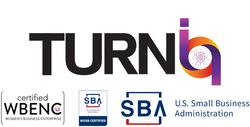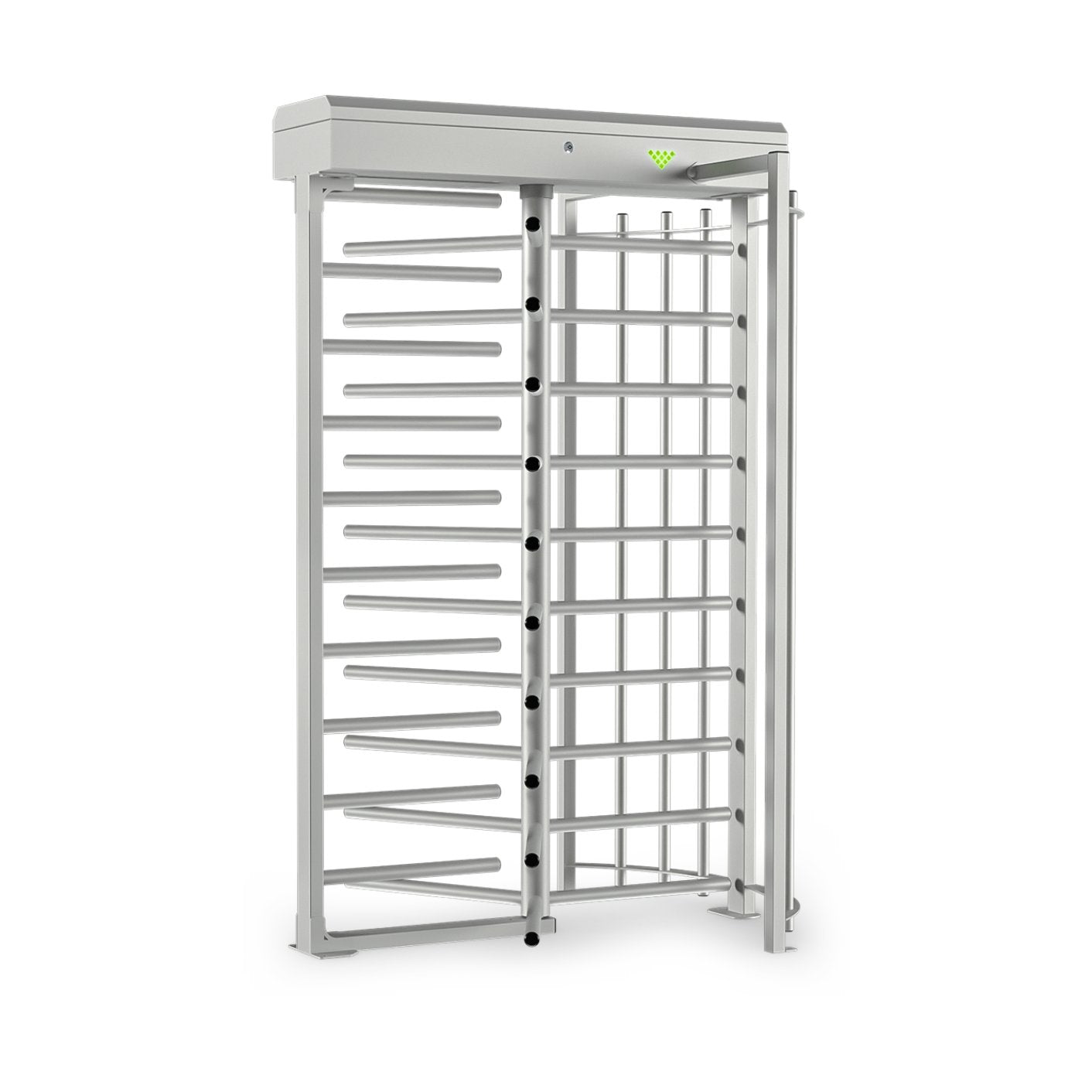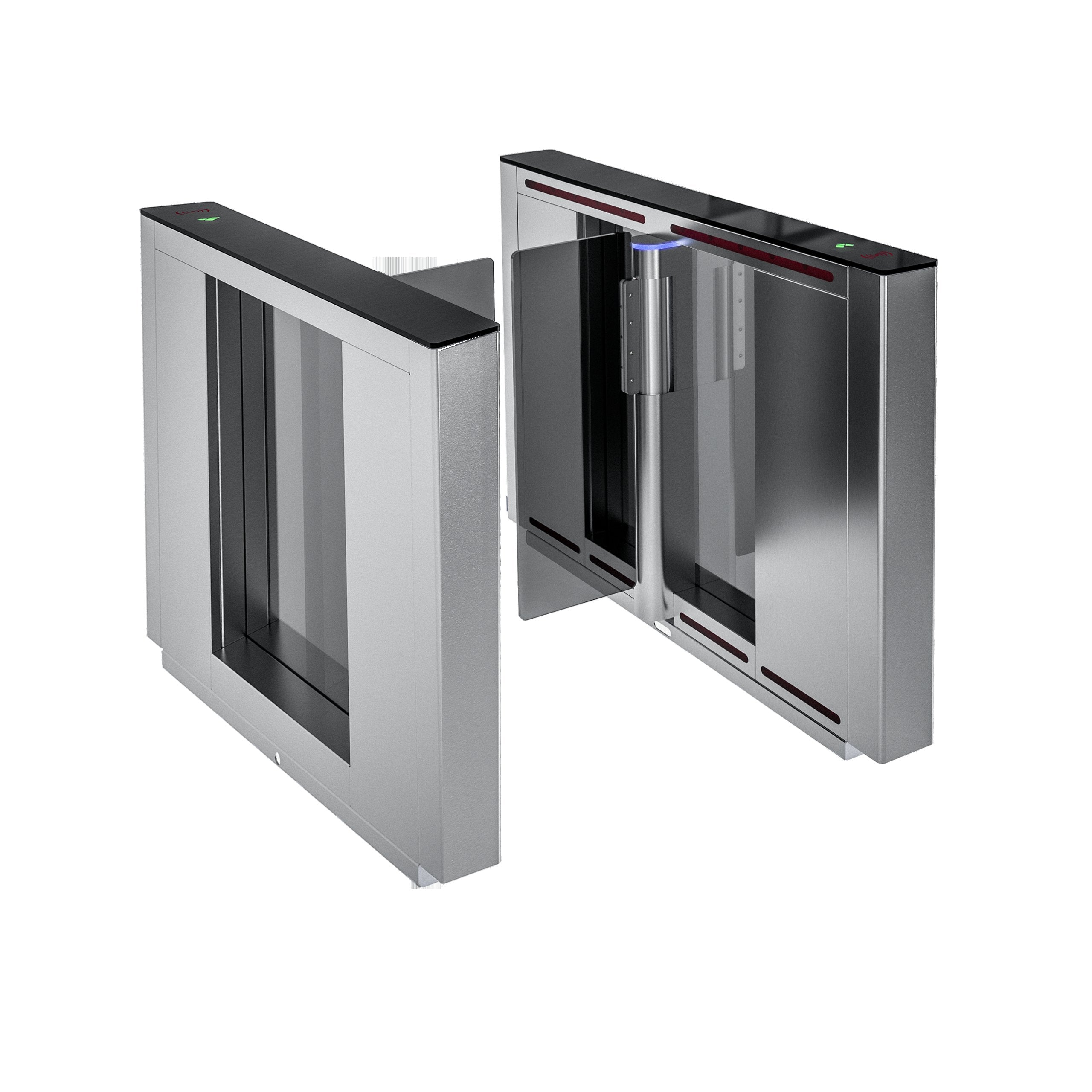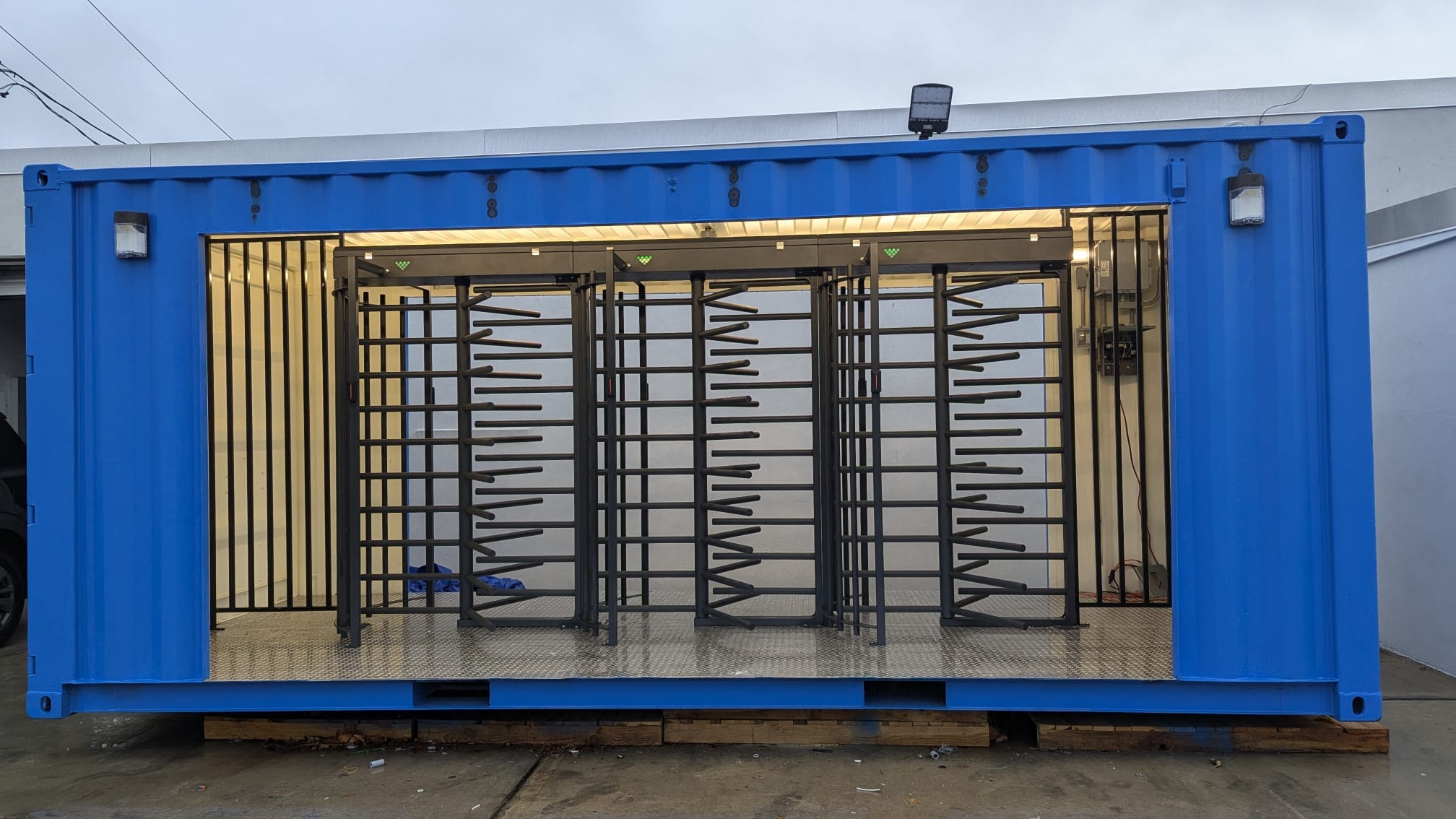Automatic Sliding Gates vs. Arm Barriers
When it comes to securing vehicle entry points, two of the most common options are automatic sliding gates and arm barriers. Both regulate traffic flow and improve security, but they differ significantly in cost, durability, and use cases.
This guide compares sliding gates and arm barriers so you can decide which is the right fit for your facility.

What Are Automatic Sliding Gates?
Definition
Automatic sliding gates are motorized gates that slide horizontally to open and close, blocking or granting vehicle access.
Best Uses
-
Industrial sites and warehouses
-
Residential complexes
-
Facilities needing full perimeter closure
Cost (2025)
-
$7,000 – $15,000 per gate
-
Installation: $2,000 – $5,000 depending on size and site conditions
What Are Arm Barriers?
Definition
Arm barriers (or boom barriers) use a mechanical arm that raises and lowers to block or allow passage.
Best Uses
-
Parking lots and garages
-
Office complexes and gated communities
-
Toll booths and transport hubs
Cost (2025)
-
Standard automatic models: $2,500 – $4,500
-
High-security crash-rated models: $6,000 – $12,000+
-
Installation: $700 – $2,000
Key Differences Between Sliding Gates and Arm Barriers
| Feature | Sliding Gates | Arm Barriers |
|---|---|---|
| Cost (2025) | $7,000 – $15,000 | $2,500 – $12,000+ |
| Security Level | High (complete physical closure) | Medium to high (vehicle blocking only) |
| Throughput | Slower, especially with heavy gates | Faster, efficient for daily traffic flow |
| Space Requirements | Large lateral clearance needed | Minimal space required |
| Best For | Facilities needing full closure | High-volume traffic sites |
When to Choose Sliding Gates
Advantages
-
Full closure of entrances for maximum perimeter protection
-
Strong visual deterrence
-
Suitable for industrial sites, logistics hubs, and residential complexes
Limitations
-
Expensive to purchase and install
-
Requires significant lateral clearance
-
Slower throughput than arm barriers
When to Choose Arm Barriers
Advantages
-
Affordable compared to sliding gates
-
Fast and efficient for high-traffic entry points
-
Easy to integrate with RFID, biometrics, or license plate recognition
Limitations
-
Do not provide full perimeter closure
-
Less resistant to forced vehicle entry than crash-rated bollards or gates
FAQ: Sliding Gates vs. Arm Barriers
Can sliding gates and arm barriers be used together?
Yes. Many facilities use arm barriers for daily traffic control and sliding gates for after-hours perimeter closure.
Which option is better for high traffic volume?
Arm barriers — they operate much faster than sliding gates.
Which lasts longer?
Both can last 10–15 years with proper maintenance, but sliding gates have more moving parts and may require more servicing.
Why Choose TurnIQ?
TurnIQ offers both Titan Arm barriers and automatic sliding gate solutions, helping facilities balance security with traffic flow. Our experts design systems tailored to each site’s specific needs.
Considering gates or barriers? Contact TurnIQ to discuss the right solution for your facility.
Conclusion
Automatic sliding gates and arm barriers both enhance vehicle access control, but they serve different purposes. Sliding gates offer complete closure and strong visual security, while arm barriers deliver fast, cost-effective traffic control. Many facilities benefit from combining the two for layered protection.





